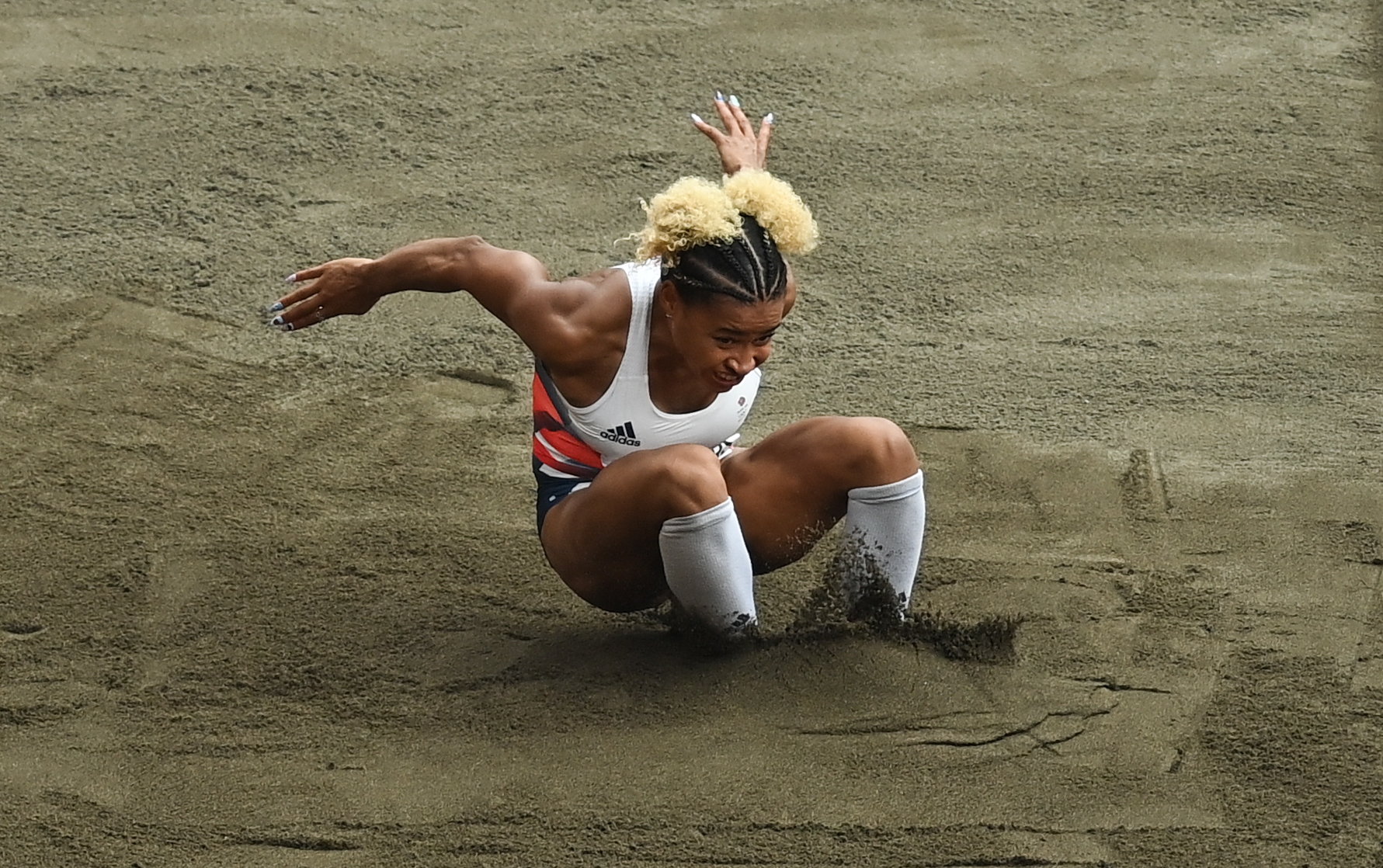
How do Olympians deal with their periods during major championships? Jazmin Sawyers has an inspiring answer.
Anyone who menstruates can relate to that feeling when your period turns up at the completely wrong time: when you’re about to head into a job interview, or are in the middle of a run with nothing on you but your phone and house keys, or when you’re wearing white knickers and pale trousers.
So imagine being an Olympian with a period that comes on race day. Aside from the obvious issue of wearing short-shorts, having to compete while dealing with the discomfort of a period adds an extra element onto an already highly pressurised situation.
You may also like
The pill: everything you need to know about exercising on hormonal contraception
So it was amazing to hear Olympian Jazmin Sawyers talking about the extreme reality of what happens when your period hits on the most physically demanding day of your life. Speaking on the All The Small Things Podcast, Sawyers said: “My period has arrived for pretty much every single major championship I’ve ever done. My body seems to know that something important is happening and she doesn’t want to be left out, so in comes my period – she has FOMO.”
Knowing this about herself, Sawyers explained that she talked to the Team GB doctors ahead of the Rio 2016 Olympics to explain that she was having heavy, painful and regular periods, asking “if there was a way we could try to move it. They said yes, of course, and they started me six months early on medication that should have delayed the period until after the competition,” she explained.

“It worked all the way up to the month of the Olympics. But then it just stopped working. My body said absolutely not, we’re not doing this, I will be there right on time for you. Four hours before I was supposed to leave for the track for my first Olympics, my period turns up and I’m in excruciating pain.”
Sawyers was faced with a choice: lie down and accept her body’s awful timing, or compete anyway. As a naturally competitive athlete, there was no way she would let her body defeat her. “In the end, I just had to take a load of painkillers and get out there because that was the only way,” she said.
That experience made her vow to never let her cycle sabotage her. “Our bodies are so powerful and sometimes medication just won’t work. Now I try and work with it. I’ll take extra magnesium. extra omega-3s before my period to try and make it less heavy, less painful. I found anti-inflammatories that really work for me. So I am now able to handle my period around my competitions.”
You may also like
Exercise and your period: how to maximise your workout according to your hormones
However, it wasn’t until this year that she had the confidence to go out and perform when her period was at its worst. “I’ve washed those worries away because a few weeks ago it was early, of course. On my last bid attempt to get the Olympic standard, my period came that morning. And I did it anyway, andI dropped a new personal best. I felt really bloated and heavy – I just felt like moving was a challenge. I really didn’t think it was going to happen for me that day but because it did it’s now given me so much confidence going forward for the rest of the year because I know it will turn out fine.”
While not everyone can allow their mind to override their body, Sawyers’ ability to just go for it without expectations is pretty inspiring – and clearly paid off for her. Learning about periods is a crucial first step: while many people assume that being on their period makes them slower or weaker, research actually suggests that the hormonal surge can improve performance. Obviously, this is so individual and depends on your personal experience of bleeding, but Sawyers proves that you never know what you might be capable of.
Listen to Jazmin Sawyers on All The Small Things on Apple or Spotify.
Images: Getty
Source: Read Full Article